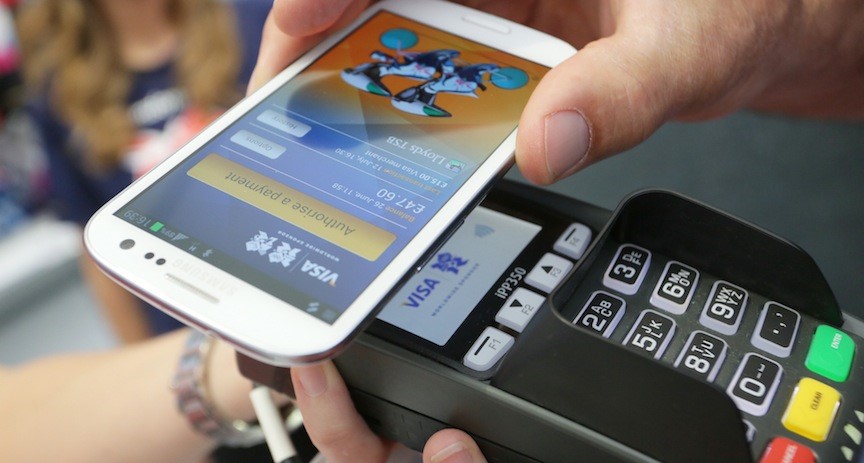
South Korea is quickly shifting into a cashless society, replacing bank notes with credit and bank cards as the primary means of conducting trade. In this system, a customer purchasing a 9,500 won product with a 10,000 won banknote will have change credited directly into their account, instead of receiving the 500 won change as coins. The nation aims to accomplish this goal by 2020.
The transition is fast approaching, with the average Korean carrying 1.91 credit cards, 2.03 mobile cards, and 1.26 check or debit cards. Meanwhile, a survey issued by the central Bank of Korea suggests that 4 out of 10 Koreans prefer credit cards as their means of payment, up from the 3 out of 10 in the previous year. The bank also points out that the number of bank notes released this year has decreased across the board— 10,000 won notes dropped by 12.3% fewer 10,000 notes, 5,000 notes by 5.9%, and 1,000 by 3.7%.
South Korea isn’t the alone in this venture; Sweden has a cash payment ration of 20 percent compared to the global average of 75 percent. In fact, the Nordic country prohibits using cash for public transportation as well as large transactions.
“A number of developed countries are turning to non-cash policies to enhance the effectiveness of their economic systems,” said Lee Hyo-chan, the head of the research center at the Credit Finance Institute.
Kwak Hyun-soo, an analyst at Shinhan Investment Corp., believes the transition will forcibly bring to light the underground economy operating on a cash basis, thereby reducing the amount of tax fraud, drug trafficking, and bribery, while simultaneously generating additional tax revenue.
Such a move stands to cut costs equivalent to between 0.1 and 1.1 percent of the gross domestic product. Kwak explains that nations where cash is used for over 80 percent of payments have shadow economies equal to around 32 percent of the GDP, while those whose ratio of payment in cash is below 50 percent are far more transparent, with an untaxed economy hovering at only 12 percent of the GDP.
For the transition to take hold, there needs to be a tax deduction or some other incentive that encourages people to convert the cash tucked beneath their mattress in electronic currency. In the interim, a slew of online-only banks are beginning to crop up, like Apple Pay, Samsung Pay, and the upcoming LG Pay. Research firm Gartner anticipates the global mobile payment sector will reach $720 billion by 2017 as competition builds up.
Not to mention, security needs to be significantly more beefed up otherwise customers will not be protected in the point of sale terminal.
Convenient as cashless-ness may be, the true price of convenience is—of course—surveillance, through a recording of every purchase made.
Source: Korea Times
Advertisement
Learn more about Electronic Products Magazine





